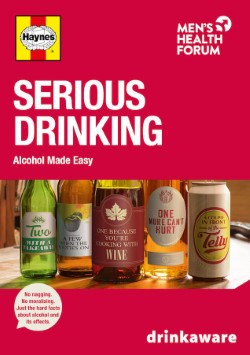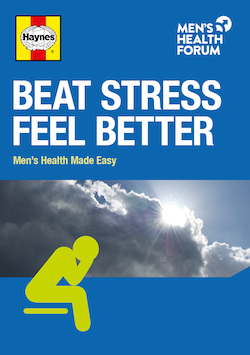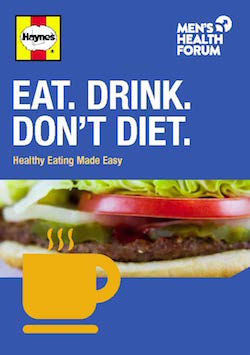Taking it personally can damage your health
We got flamed on Twitter the other day. No real attempt to engage, just a lot of, well, that stuff you get on Twitter.
You can get a flavour of it here and here on our blog. I criticised an organisation for its choice of words and we gave them a right to reply - bit old school that, I know.
The blog reply's tamer than the Twitter stuff which is a good thing so perhaps it’s not the end of the world as we know it. But to be honest, as the individual in the crosshair, I still think they’re playing the man not the ball - do they really think I’m denying a community the right to its own words just because I don’t think their use of one particular one is helpful? But given what I’m about to say - well, I need to practice what I preach. (And, to be clear, what follows is my view, not necessarily the Forum's).
It’s not the first time we’ve been flamed for looking at things from a slightly different - and only slightly different - perspective. It’s always a little shocking. And frightening. The Men’s Health Forum is not an organisation that courts controversy - we work with pretty much anyone.
It leaves you shell-shocked, feeling crap about having hurt someone and ruminating. Not good things.
With a clearer head, I wonder if an unintended consequence of the growth of identity politics is an inability to distinguish a personal attack from a different opinion. Don’t get me wrong. Identity politics has, generally, been a force for good. Down the years women, people of colour, gay people, people of particular faiths, trans people and many others have all been attacked for their simple existence, for who they are.
But not everything is like that and it seems to me that some of us in this age of social media silos are absorbing every aspect of our lives - where we live, our lifestyle choices, our health status, even what we eat and drink - into the self. A view that you happen to disagree with on, say, the causes of cancer is an attack on you personally as a cancer survivor. A criticism of the country you happen to have been born in or live in is an attack on you personally.
When people (over)react like this to an opinion, the person expressing the opinion feels bad too. That’s empathy. You feel the pain of the person you’ve hurt and that was never your intention.
It’s a toxic state of affairs.
The effect of turning every single thing about you into a component of your identity, into a part of your sense of self is dangerous for democracy: you can’t have a rational debate. And that is clearly something that is happening across the world right now.
But, and this is the health bit, it is also dangerous for your wellbeing: if you feel that so much of what anyone says is an existential threat to the person you are, it can't be good for your mental health. You are always on the edge, feeling persecuted or fearing it, the cortisol racing round your body like an injection of bile. Factor in the similar feelings provoked in the people who have done the hurting and the result is a world full of people who are angry, hurt and feeling like shit. Does that sound like a description of the Twitter-sphere to you?
Taking it personally has turned cancerous - and yes, I can say that, I’ve had cancer. But life’s complicated. There’s more than one way of looking at pretty much everything. Sometimes opinions are just that. The personal is often political but not everything is personal.
Jim Pollard, site editor
- More on mental wellbeing: How are you
|
The Men’s Health Forum need your support It’s tough for men to ask for help but if you don’t ask when you need it, things generally only get worse. So we’re asking. In the UK, one man in five dies before the age of 65. If we had health policies and services that better reflected the needs of the whole population, it might not be like that. But it is. Policies and services and indeed men have been like this for a long time and they don’t change overnight just because we want them to. It’s true that the UK’s men don’t have it bad compared to some other groups. We’re not asking you to ‘feel sorry’ for men or put them first. We’re talking here about something more complicated, something that falls outside the traditional charity fund-raising model of ‘doing something for those less fortunate than ourselves’. That model raises money but it seldom changes much. We’re talking about changing the way we look at the world. There is nothing inevitable about premature male death. Services accessible to all, a population better informed. These would benefit everyone - rich and poor, young and old, male and female - and that’s what we’re campaigning for. We’re not asking you to look at images of pity, we’re just asking you to look around at the society you live in, at the men you know and at the families with sons, fathers and grandads missing. Here’s our fund-raising page - please chip in if you can. |



